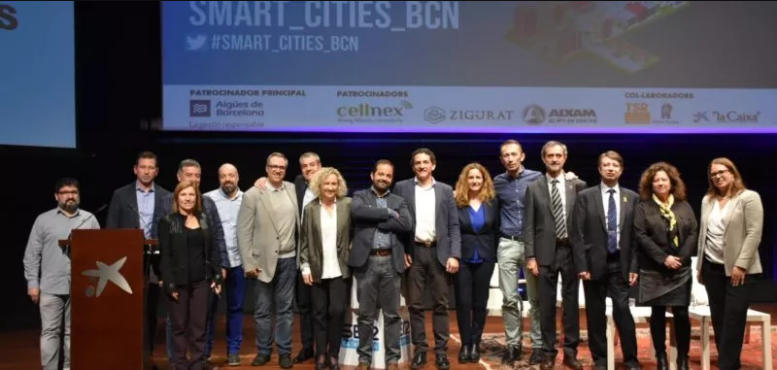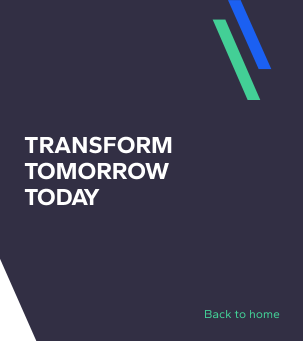
Nine professors of the Zigurat Smart Cities Master's Program participate as speakers at SMART_CITIES_BCN
Categories

If experts all over the world agree on anything, it's that we are not just approaching but in the midst of a climate emergency. And also that citizen participation is the key to a change to move from theory to reality.
However, the lack of viable strategies and policies that actually include citizens is a real impediment for that scenario to materialize. "We need initiatives that are economic, straightforward, convenient and with a clear message", explained Veronica Kuchinow, professor of Zigurat’s smart city management master’s program and specialist in resource efficiency as a business tool towards a circular economy, during her participation in the first module of the event, Circular Economy, Energy and Environment.
Climate change, citizen participation, and many other topics were discussed during the first edition of SMART_CITIES_BCN, a conference organized by KNOWURBANNET with the support of Grupo PRISA, advertised in its Cadena SER and EL PAÍS.
Zigurat Global Institute of Technology was an official partner of this event that counted with the insights of 25 experts of whom 9 are part of the faculty board of the Master’s in Global Smart City Manager.
Zigurat also participated in the course of the conference with Marta Riera, the Program Development Director of the institution, moderating the Humanism, Citizenship and Education of the 21st Century module. This session delved into the more human perspective in the process of digitalization of cities.
SMART_CITIES_BCN displayed the new opportunities posed by smart cities and their impact on the urban, social, technical and legal spheres. The main challenges that the citizens, as well as public and private companies faced, were also discussed. And it was concluded that the collaboration and synergies between all agents would contribute to the design of new products, services and policies that would, in turn, contribute to a more sustainable and efficient world.
In this context, the role of public entities is the key: "They provide the source of financing and the tools to develop services and projects, as well as operation and optimization which will allow minimizing costs and making the service more profitable", explained the expert in Public-Private Partnership (PPP) and also a professor of Master’s in Global Smart City Manager, Eva Bufí, in one of her interventions in the Economy 4.0 module.
In the smart city environment, the exchange of information between all the agents involved and the transparency of data are vital. However, to undertake a smart project, more than about Open Data, it is about keeping an open mind. Without a real change of mentality and a strong will to evolve the way we work and share knowledge and real experiences, the digital transition of cities will never be complete and successful.
Information is crucial for decision-making and this was discussed at the round table on Communication, Transparency and Open Government, where experts questioned whether the analysis of information extracted from data captured from citizens is the right one. "Data tells us what citizens do, their habits and behavior, but it does not tell us what they need or want," said sociological and market research expert Hildebrand Salvat, who also stressed the need to always preserve the human rights of the citizens, whatever technological measure is applied.
"We must improve the lives of citizens but also respect them," he reflected. There are topics that are often discussed in the smart city context, such as urban mobility. In order to reconsider all the arguments most often used in those discussions, SMART_CITIES_BCN offered different points of view and new approaches to the question.
As most studies predict, the vehicles that we have driven all our lives will largely cease to be used as they are today to make way for new, more efficient alternatives, like car sharing, for example. However, experts insist that they will not disappear completely, mainly because there will still be realities that will encourage their acquisition and use (isolated rural areas, motor enthusiasts...). However, many of the growing trends, such as car-sharing, will not only focus on reducing fuel emissions, but there are endless new possibilities, such as autonomous vehicles for visually impaired people, etc.
Without a doubt, SMART_CITIES_BCN shed light on the new tools, strategies, and projects that will not only be the future but are already present in cities around the world. The circular economy, Internet of Things (IoT), 5G, cybersecurity, Artificial Intelligence (AI), Economy 4.0, Open Data and transparency are just some of the realities that will revolutionize our cities and, consequently, also our way of interacting with them.


